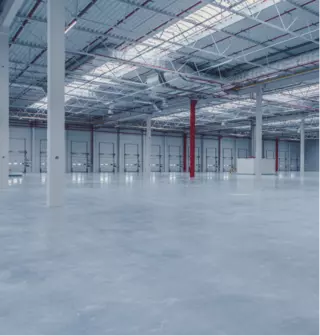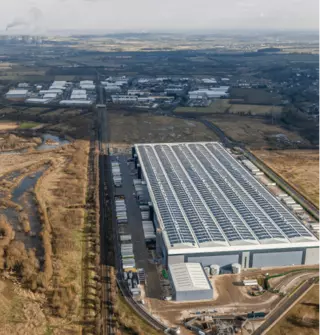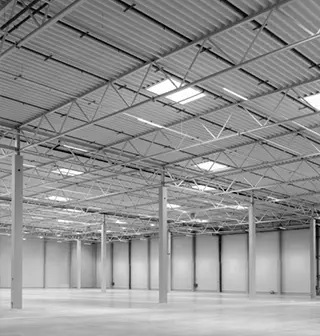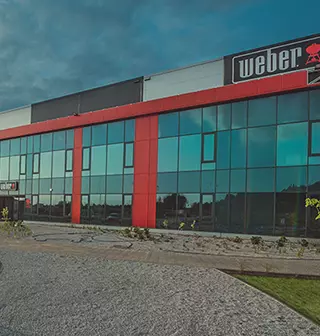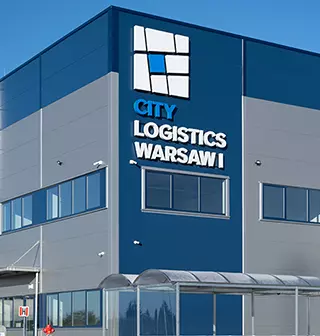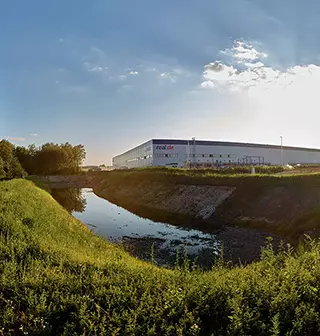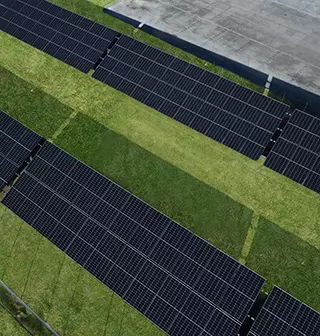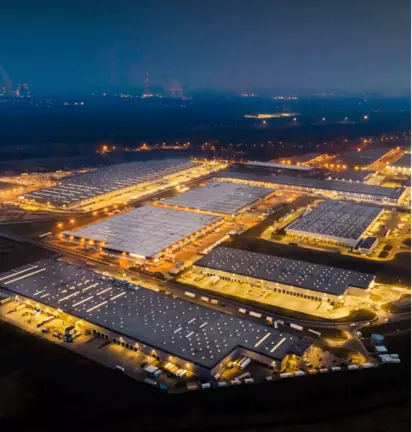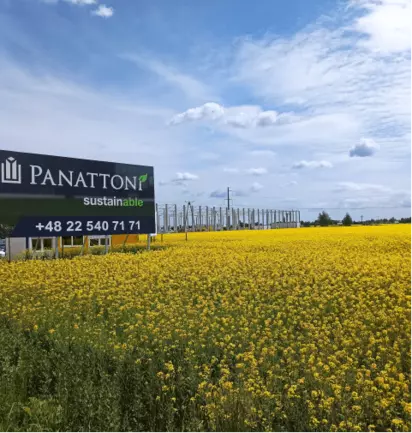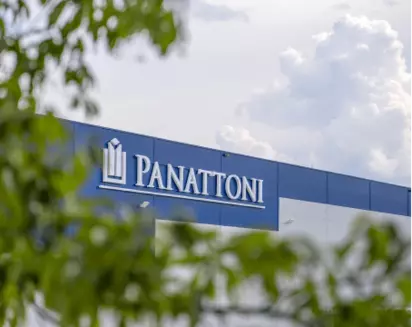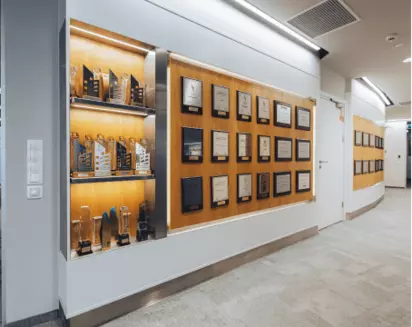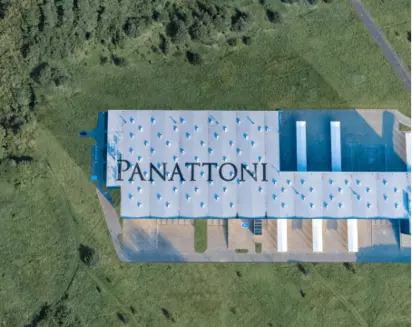
Energy-saving solutions remain a top priority for 80% of respondents in warehouse operations - Panattoni has once again collaborated with the international law firm HFW, Pledge (provider of technology for managing and reducing greenhouse gas emissions) and research specialists Analytiqa to unveil the third edition of the European Logistics & Supply Chain Sustainability Report 2024. The findings reveal significant advancements in sustainability practices across the logistics and supply chain sector, driven by both environmental and social imperatives.
Key insights include:
· The importance of electric vehicle (EV) charging infrastructure continues to rise, with 59% of respondents viewing EV charging points as a priority, many of which are now integrated into new warehouse specifications as a standard.
· Cost barriers remain, with two-thirds of companies reporting that financial constraints hinder the adoption of sustainability measures. Despite this, companies are increasingly able to quantify the long-term benefitsof sustainability investments.
· 42% of respondents are now willing to pay a rent premium equivalent totaling operating cost savings for sustainable facilities.
· 49% of companies highlight the importance of investing in biodiversity around their warehouses.
Over the past three years, companies in Europe have significantly increased their awareness and adaptation to regulatory requirements related to sustainability. In 2024, it is evident that logistics and supply chain operations are becoming more environmentally conscious, with regulatory compliance no longer being the primary driver of action. Instead, the desire to make a positive environmental impact has emerged as the leading motivation, reflecting a deeper understanding and integration of sustainability within businesses. This is followed by enhancing corporate reputation, making a positive social contribution, and fulfilling regulatory requirements, which have fallen to fourth place this year, down from joint second place in 2023 and joint first place in 2022.
Emilia Dębowska, Head of Sustainability Europe at Panattoni, commented: “The challenge of defining or measuring financial returns on sustainability measures has decreased, despite financial constraints and the fact that these efforts often lead to higher investment costs. It may indicate progress in the ability to quantify the benefits of sustainability efforts or to understand the positive impact of the transition over the longer term.”
This year’s report also highlights that the integration of electric vehicle (EV) charging infrastructure and energy-saving solutions in warehousing remains a high priority. Companies are increasingly seeking battery storage solutions for renewable energy, while investment in green buildings continues to rise, with 42% of respondents willing to pay a rent premium equivalent to the total operating cost savings for moving operations into sustainable facilities. This figure rises to 50% for logistics operators. Almost one-in-five of companies state that they would be willing to pay extra for environmental certifications, because it adds value to their sales efforts.
As businesses increasingly embed sustainability targets into their operational and leasing decisions, this trend is having a direct impact on the value and demand for logistics properties. The report provides valuable insights for investors, showing how properties that meet high environmental standards are more likely to attract tenants and offer greater long-term value. By prioritizing sustainable assets, investors can capitalize on the rising tenant demand for green buildings, ensuring both higher occupancy rates and resilience in a market that is progressively shifting towards sustainability.
The report highlights the growing role of technology in enabling sustainability across Europe. Companies are leveraging digital tools to enhance transparency, manage emissions, and implement sustainable initiatives more effectively, particularly in areas like managing electric fleets and energy-saving measures in warehouses. While over one-third of respondents cite a lack of technology as a key obstacle to improving sustainable operations, many are finding ways to overcome this challenge by adopting tools that also focus on Scope 3 emissions reporting, which helps track indirect emissions throughout supply chains. “Harnessing technology for scope 3 emissions is key to achieving comprehensive sustainability goals, enabling precise measurement and impactful action to reduce emissions across the supply chain”, says David de Picciotto, CEO & Co-founder, Pledge.
The findings also show a steady increase in the inclusion of sustainability targets in contractual agreements, with 33% of companies (up from 32% last year and from 28% in 2022) incorporating such goals as binding obligations. Commenting on the evolving legal landscape, Matthew Gore, Partner at HFW, noted: “In 2024, we see a growing trend of companies embedding sustainability targets as formal obligations in contracts. Notably, more than half of respondents insist on the right to terminate agreements if these targets are not met. This reflects a shift towards holding service providers accountable for their sustainability performance.”
It is positive to see that a lower share of companies, 9% (down from 13% last year), have either lost or not renewed a warehouse contract because of a failure to meet sustainability targets, while in sea freight, 12% of companies (up from 10% last year) have experienced similar outcomes.
Despite growing awareness and adaptation, the costs associated with implementing sustainable solutionsremain a challenge for two-thirds of companies, particularly smaller ones. Almost two-thirds of companies, including 80% of logistics operators, continue to face difficulties due to the financial burden of these solutions. To address these financial hurdles, 73% of companies identified the availability of financial incentives such as grants and subsidies as crucial in driving future sustainability efforts and improving supply chain sustainability. However, the problem is no longer a lack of resources (people) to implement sustainable development solutions.
The 2024 European Logistics & Supply Chain Sustainability Report offers comprehensive insights from 102 senior decision-makers across 16 European countries, including leaders from logistics service providers, manufacturers, and retailers. The report underscores the ongoing commitment to sustainability and the evolving challenges and opportunities in achieving carbon neutrality within supply chains.
For more details, the full report can be accessed here.
